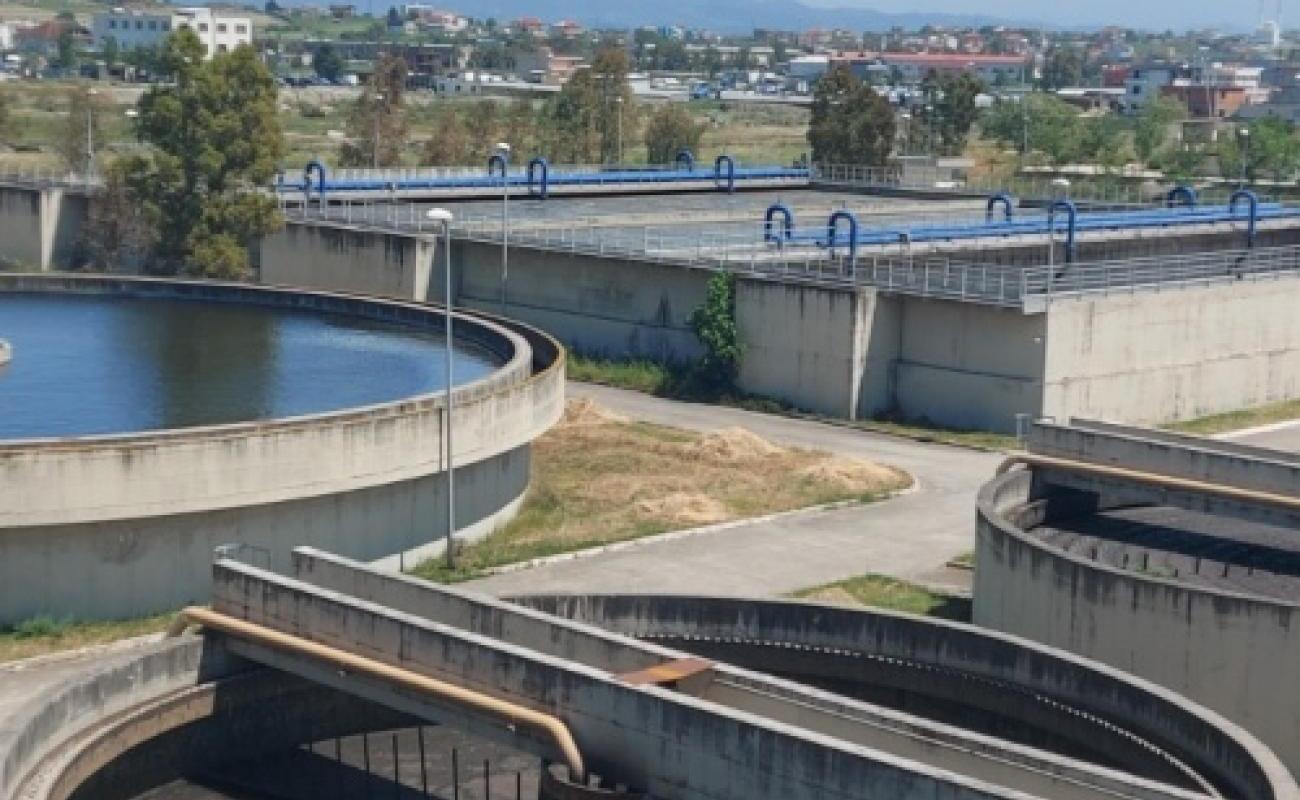EU funds technical assistance for the Durres Wastewater Management Project in Albanic

WBIF Technical Assistance for Durrës Wastewater Management Project was launched on 25 May in Tirana, in attendance of main stakeholders, including the Durrës Water and Sewerage Utility, the National Agency for Water Supply and Sewerage and Waste Infrastructure, State Agency for Strategic Programming and Assistance Coordination, EU Delegation, as well as representatives of the WBIF, the Agence Française de Développement (AFD), and Infrastructure Project Facility 11 that will implement the Project.
The Project aims to improve the living and coastal environmental conditions of the 350,000 inhabitants in the Durrës region by separation of the stormwater and sewerage network in the Durrës region, reduction of stormwater inflows in the wastewater treatment plant to maximise the wastewater volumes and the biological load of existing WWTP, use it to total capacity, avoid bypass during rain events. It will improve the quality of surface and underground water bodies in the region and in the Adriatic Sea, positively impacting biodiversity (climate change adaptation) and tourism (economic development).
Wastewater collection networks in Durrës city are old, made of concrete pipelines prone to infiltration, lack proper sloping and often become subject to blockages. Most of the sewerage collection systems are combined and collect wastewater together with rainwater. Substantial volumes of wastewater are outflowing to the sea due to poor connection rate, wastewater infiltration, and overflows during dry weather and rainy events.
The European Union, through the Western Balkans Investment Framework (WBIF) provided a technical assistance grant of €500,000. The estimated total investment cost of the Durrës Wastewater Management Project is around €40 million and is planned to be financed through an AFD loan and local sources.
Camille Marconnet, Chargée de projets, Agence Française de Développement (AFD): "In the next years, AFD and the beneficiary will work together to improve the economic, financial, and operational performance of both water and sanitation services in Durrës. The study led by IPF11 through WBIF grant will pave the way to restructuration of wastewater infrastructure in Durrës city centre. In parallel, an ambitious catch-up program for investments in water sector is about to start. It will mobilize financing from AFD to upgrade the water network. Investments in water and sanitation sectors are expected to bolster the city’s socio-economic activities, control the environmental footprint of the services and to comply with European standards in accordance with the perspective of European Union accession."
Arben Musaj, National Agency for Water Supply and Sewerage and Waste Infrastructure (AKUM): "The Durrës wastewater project is of national importance and recognised through all relevant strategic documents, including the water and sanitation strategy and the integrated resource management strategy of Albania. It will contribute not only in reducing the coastal pollution in a densely populated and touristic area of Durrës City centre but as well to the upgrade of Albania's implementation of the Eu's water framework directive on wastewater management. Together with AFD as the main financing Institution, we look forward to the outcomes of the project and take all necessary measures to further implementation of the infrastructure investment in the Durrës City. We take the opportunity to thank the WBIF for their excellent cooperation in addressing all the requests of the beneficiary."
Spartak Kovaci, General Director, Durrës Water and Sewerage Utility (DWSU): "Durrës Water Utility is very grateful to the WBIF for the proposed wastewater project concerning infrastructure investments. This is a big opportunity for us considering the fact that the old city centre (historic city) of Durrës in some areas has got mixed waste and storm water networks of various sizes, materials and sections, built over decades. The utility operates and manages two WWTPs (Wastewater Treatment Plants) which do not work at their full capacity with diluted sewerage. We believe that reconstruction of sewerage networks under this project will bring Durres WWTP up to its design capacity of 250,000 population equivalent. This project contributes directly in reduction of wastewater pollution on the Albanian coast and energy efficiency in the operation of wastewater facilities. The investment program to be financed by AFD is the next important step to go through for reconstruction of water networks inside the Durrës city with the main goal to get 24 hours of supply. The two projects are complementary and finally, DWSU can foresee a promising future with new water network projects and sewerage designs to be financed and implemented."
